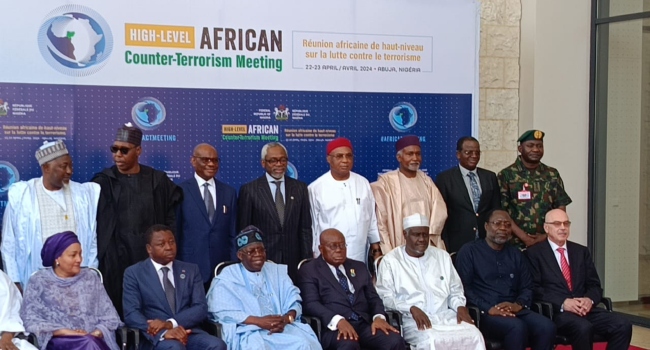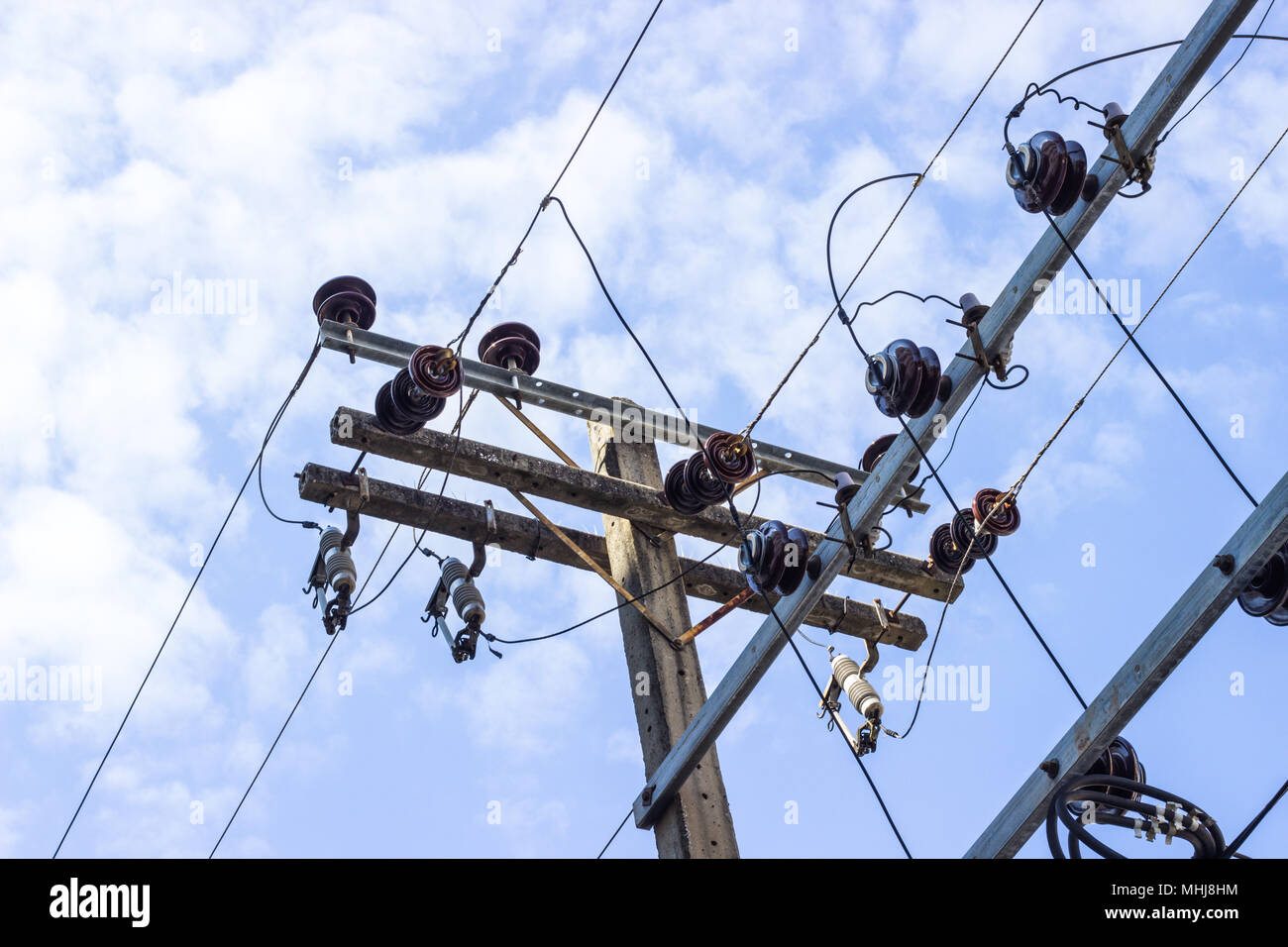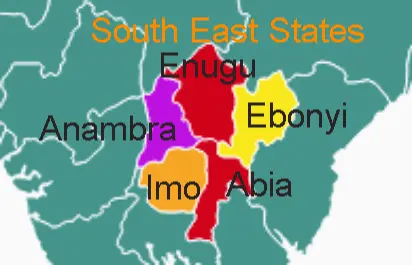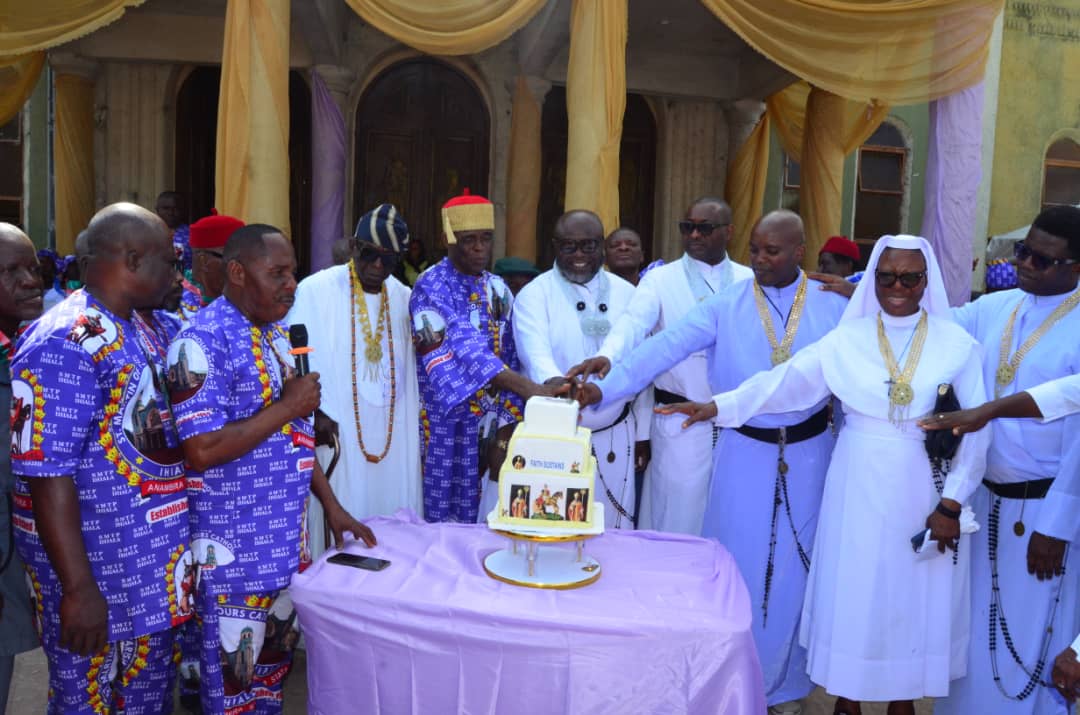President Bola Tinubu has fingered what he calls ‘outside money’ as being behind the fuelling of terrorism on the African continent, saying it was time to knock on the door of the international community to answer the call for justice, peace and fair play, Daily Sun reports.
He disclosed this at the opening of a high-level African counter-terrorism meeting, organised by Nigeria, with the support of the United Nations Office of Counter-Terrorism (UNOCT) in Abuja.
“Look at the illegal mining that plagues so many of our nations today; those who think illegal mining has no connection with financing terrorism are sorely mistaken. The international community has both the moral and legal obligation to help in this cause because it is outside money not African money that fuels the illegal operations. We shall be knocking on the door of the international community to answer this call for justice, peace and fair play.”
He argued that terrorism cannot co-exist with democracy and good governance, comparing it to darkness and light being unable to exist in the same space.
He noted that terrorists’ goal is to create despotism and suppress democracy, cause confusion and disarray that would lead to societies and governments fighting among themselves instead of fighting the source of destruction.
Tinubu emphasised that terrorism has already taken too many lives and delayed a better future for too long.
“Key to our collective efforts against terrorism is the urgent need for a fully operational regional counter-terrorism centre. This centre will serve as a hub for intelligence sharing, operational coordination, and capacity building throughout our region.
“Additionally, we must strengthen existing counter-terrorism structures such as the Regional Intelligence Fusion Unit (RIFU), Abuja, the African Centre for the Study and Research on Terrorism (ACSRT) in Algiers and the Committee of Intelligence and Security Services of Africa (CISSA) in Addis Ababa.
“A Regional Standby Force that includes tackling terrorism as part of its mandate must not be abandoned. I am mindful of the funding, legal and logistical complexities that face the proper establishment of such a force. “However, with a prudent and clearly defined mandate that accords with the international law and respects national sovereignty such a force can serve as a rapid deployment mechanism, capable of swiftly responding to major threats and bolstering the security of our region. Such a force can stand as a strong deterrent to large scale and protracted terrorist operations and the capture, occupation or disruption of strategic land and resources. We must continue to make careful yet meaningful progress toward this goal.
“Establishing an all-inclusive African Union Ministerial Committee on Counter Terrorism is also a high priority as envisaged in the Declaration of the 16th Extraordinary Summit of the African Union Assembly two years ago in May 2022. This would ensure a forum of high-level government officials meets regularly to assess our counter-terrorism efforts and provide guidance on how to improve.
“For its part, Nigeria remains firmly committed to fighting terrorism and violent extremism. They are our most urgent national security threat. Our counter-terrorism capabilities have been enhanced through enactment of the Terrorism Prevention and Prohibition Act, establishing the National Counter Terrorism Centre (NCTC). We have and will continue to take bold steps forward in safeguarding our nation and the wider region.
“Dedicated to coordinating and implementing counter-terrorism strategies, the NCTC significantly enhances our capacity to detect, prevent, and respond to terrorist threats. The centre has become a platform; fostering greater collaboration among stakeholders and promoting synergy in our approach to fighting terrorism. Similarly, our security forces continue to demonstrate courage and dedication in the fight against terrorism, often at great personal risk. I am grateful to the selfless work and sacrifice of these patriotic men and women. They are the best of the best.
“I must also mention the ongoing need to halt the proliferation of Small Arms and Light Weapons (SALW) on the continent. No one state can solve this problem for itself. It requires continuous and concerted action by all of us. We need to reposition our regional organisations and build the capacity of our national institutions to effectively address this element of terrorism and violent extremism.
“Nigeria is committed to working with our regional partners to strengthen arms control measures, enhance border security, and disrupt the illicit trafficking networks that fuel terrorism and organised crime.
“In closing, let me state that we must make this meeting historic and productive.
“We must show our respective populations that we, as leaders, must do more than speak nice words, we must leave here with real results.
“As leaders, let us show our people that their safety and welfare is paramount. May this conference be succinct and to the point. Let us keep rhetoric to a minimum.
“Let us be focused and dedicated to pinpointing and embarking on the meaningful and strong action needed to win the day and free our continent of violent extremists.
“May we do everything that is required of us to defeat this challenge so that five, 10 or 20 years from now it is historians who will be meeting to discuss how today became a major turning point in the African continent’s defeat of the terrorist scourge.”
President of Ghana, Nana Akufo-Addo, said the evolving nature of terrorism, demands a coordinated response that transcends national borders and individual efforts.
He noted that terrorist groups are exploiting grievances to spread fear and division and chaos.
He said it is incumbent on participants in the meeting to strengthen regional cooperation as a launchpad to counter-terrorism.
Akufo-Addo said fostering information sharing, exercise and joint operations, will enhance the ability to detect and defeat terrorism threats effectively.
He said promoting good governance and the rule of law, the continent will undermine the activities of terrorist groups.
President of Togo, Faure Gnassingbé, noted that each state faces a specific kind of threat but also have shared common interests and the region has seen significant threats too.
He said between 2021 and 2023, over 3,000 violent attacks have occurred in the Sahel region by Islamic extremist groups resulting in the deaths of thousands of people in the region.
He expressed conviction that to overcome terrorism, effective inter-state cooperation is needed.
He regretted that the institutions that have been in place for decades were no longer able to respond to the security situation faced by the region.
Chairperson, African Union Commission, Moussa Faki Mahamat, said concerted strategy and innovative approach are best ways for combating terrorism, including collaborative approach. He assured of AU’s commitment to multilateralism, spurring new ways for regional and institutional capacity building.
He said the commission supports Nigeria’s strategy of society and government’s role to counter violent extremism effectively.
Mahamat also commended Nigeria’s leading role in the standby force at the Lake Chad Basin, in combating terrorism.
He noted that the deployment of standby force by ECOWAS will provide communities affected by terrorism security and help enhance regional security.
The summit with the theme: “Strengthening Regional Cooperation and Institution Building to Address the Evolving Threat of Terrorism,” had in attendance President of Ghana, Nana Akufo-Addo; President of Togo, Faure Gnassingbé; United Nations Deputy Secretary General, Amina Mohammed, and Under Secretary General for Counter-Terrorism, (UNOCT), Vladimir Voronkov.
In his welcome remarks, National Security Adviser, Nuhu Ribadu, said terrorism in Africa is driven by a number of factors, including organised crime, foreign terrorist financing and training, poverty, inequality, prolonged conflicts, among others.
He said Nigeria was dealing decisively with all drivers of violent extremism, including economic and social enablers, while enhancing intelligence gathering through enhanced inter-agency collaboration and confidence building with citizens.
He also said Nigeria is strengthening its judiciary to effectively deal with cases of terrorism and has earmarked a fund to boost counter-terrorism efforts.
“We have resumed the prosecution of Boko Haram suspects across the country,” the national security adviser said.
In her remarks, Deputy Secretary General of the United Nations, Amina Mohammed, admitted that terrorism continues to pose a serious threat to global peace and development.
She suggested that one of the ways to remove the engenders of terrorism on the continent is for Africa to work to rebuild its social contract with its citizens, and deliver good governance.
“Rebuilding the social contract is necessary for recovery” adding that “We must pay attention to women and girls who are greatly impacted by terrorism. Providing support and healing for those impacted by terrorism is important,” she said.
She urged leaders to invest in youths’ capabilities and create an environment that deter them from disillusionment that causes them to believe joining terrorist groups like ISWAP and Boko Haram offer them better opportunities.
The UN deputy secretary general said rebuilding social contract is a recipe for recovery, building strong democratic institutions and building people-centred projects.
Under Secretary General of UNOCT, Vladimir Voronkov, commended Nigeria for its leadership in counter terrorism in Africa and for hosting the meeting.
He said to effectively counter terrorism, African leaders have an important role to play.
“Terrorism is a threat to peace and security, particularly in Africa where its impact is mostly felt. The success of UNOCT in Africa hinges on its support for Africa-led programmes and solutions for African challenges,” the UNOCT under secretary general said.
Voronkov said the UNOCT recognises that no single actor can tackle issues of peace and security; instead multiple actors are needed, with solutions grounded in ownership and support.
The Minister of Foreign Affairs said there are over 40 million small arms and light weapons in the hands of non-state actors, regretting that despite initiatives like the Multinational Joint Task Force and the likes used to tackle the threat of terrorism, the menace has persisted.
He said the new challenges are the breakdown of regional cooperation, social media, fake news and hate speeches sent through adversarial networks, encrypted messages, and unregulated transfers using crypto currency. He noted that the regulators have been slow to prevent the workings of terror groups.
Earlier, Ribadu stated that terrorism in Africa is driven by a number of factors, including organised crime, foreign terrorist financing and training, poverty, inequality, prolonged conflicts, among others.
He said Nigeria is dealing decisively with all drivers of violent extremism, including economic and social enablers, while enhancing intelligence gathering through enhanced inter-agency collaboration and confidence building with citizens.
He also said Nigeria is strengthening its judiciary to effectively deal with cases of terrorism and has earmarked a fund to boost counter-terrorism efforts.
“We have resumed the prosecution of Boko Haram suspects across the country,” he said.




